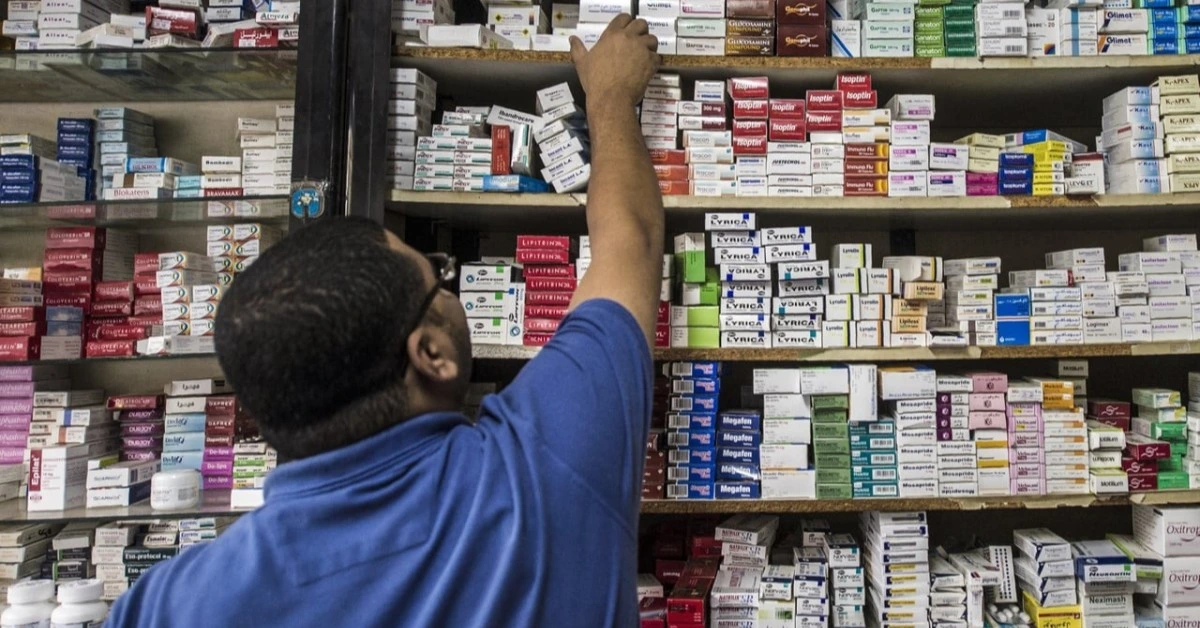
SOUTH AFRICA – The Prosper Africa Tech for Trade Alliance has unveiled a pilot project in South Africa to enhance medicine tracking through the use of advanced 2D barcodes.
This initiative aims to bolster trade between the United States and Africa while improving supply chain visibility for pharmaceutical products.
The African pharmaceutical market, valued at US $26.85 billion in 2023, is projected to grow at an annual rate of 3.4% from 2024 to 2030, according to Grandview Research.
Improved tracking capabilities will provide multinational pharmaceutical companies, such as Pfizer and Roche, with greater confidence that their products are reaching the intended recipients, thereby strengthening trade relationships with Africa.
The NABP is piloting a technology called Pulse, which “serialises products down to a saleable unit” using a unique barcode, in South Africa and Kenya.
This initiative is part of a newly announced partnership involving Prosper Africa, USAID’s e-Trade Alliance, IBM Consulting, and the NABP.
This system connects global pharmaceutical manufacturers with African distributors and pharmacies, enabling better communication, traceability, and security within the supply chain.
British Robinson, Prosper Africa’s Coordinator, explained:
“Through Prosper Africa’s Tech for Trade Alliance, under the Digital Trade for Africa (DTA) initiative, we support partnerships between companies to leverage technology and create products and services that catalyze financial and social returns for Africans and Americans alike. We are excited that IBM will use their Watson AI capabilities in this pilot to help improve the traceability of drugs exported to Africa.”
African pharmacies participating in the project will also benefit from AI-powered tools to analyze data, optimize operations, and develop effective sales strategies, further enhancing their market competitiveness.
Addressing distribution inefficiencies
Africa’s pharmaceutical supply chain faces challenges such as fragmented networks, inadequate infrastructure, and varying regulatory standards across countries. These issues contribute to limited product availability and higher prices for patients.
The Pulse by NABP pilot seeks to address these inefficiencies by providing a transparent system that allows manufacturers to monitor the movement of their products.
Pharmacists scan 2D barcodes upon dispensing medication, enabling real-time visibility of when and where products are sold.
“IBM is committed to applying technology and consulting expertise to enhance transparency and foster trust across critical industries like healthcare,” said Riaz Osman, IBM Consulting’s Managing Partner for Southern Africa & Africa Growth Markets.
“By leveraging AI and data, we aim to create a secure, transparent environment that enables pharmacies and distributors to make more informed, data-driven decisions. This partnership underscores our dedication to building resilient ecosystems that drive economic growth and societal impact.”
Enhancing confidence in drug safety and quality
The platform also supports the NABP’s mission to protect public health by improving the efficiency and accessibility of Africa’s pharmaceutical supply chains.
“As an organization whose mission is the protection of public health, we are excited to partner with Prosper Africa and IBM to provide tools that offer greater visibility into African pharmaceutical supply chains,” said Lemrey “Al” Carter, NABP Executive Director.
“We look forward to leveraging Pulse by NABP™ as a pathway for future development of a successful, sustainable, and scalable platform that could provide patients with confidence in the safety and quality of the drugs they buy.”
Advancing AI-driven solutions
IBM Consulting will utilize its AI-powered delivery platform, IBM Consulting Advantage, to collect and analyze data from product scans.
Additionally, IBM will provide training to pharmacies and retailers on AI tools like watsonx.ai, equipping them to make data-driven decisions.
This collaboration represents the potential of public-private partnerships to drive economic growth and improve healthcare outcomes across Africa.
By enhancing the traceability and reliability of the pharmaceutical supply chain, the pilot sets the stage for a scalable, transformative solution benefiting both U.S. businesses and African consumers.
XRP HEALTHCARE L.L.C | License Number: 2312867.01 | Dubai | © Copyright 2025 | All Rights Reserved